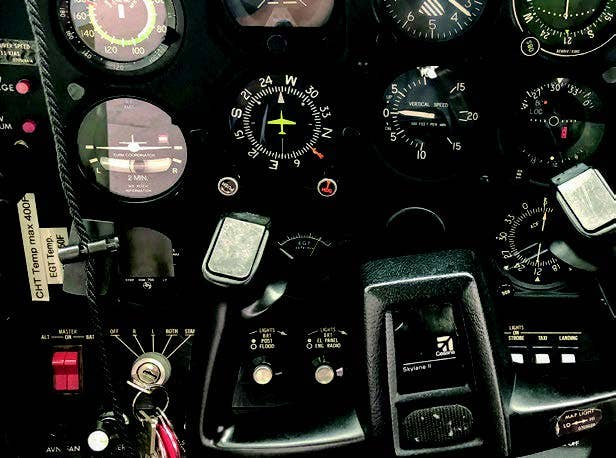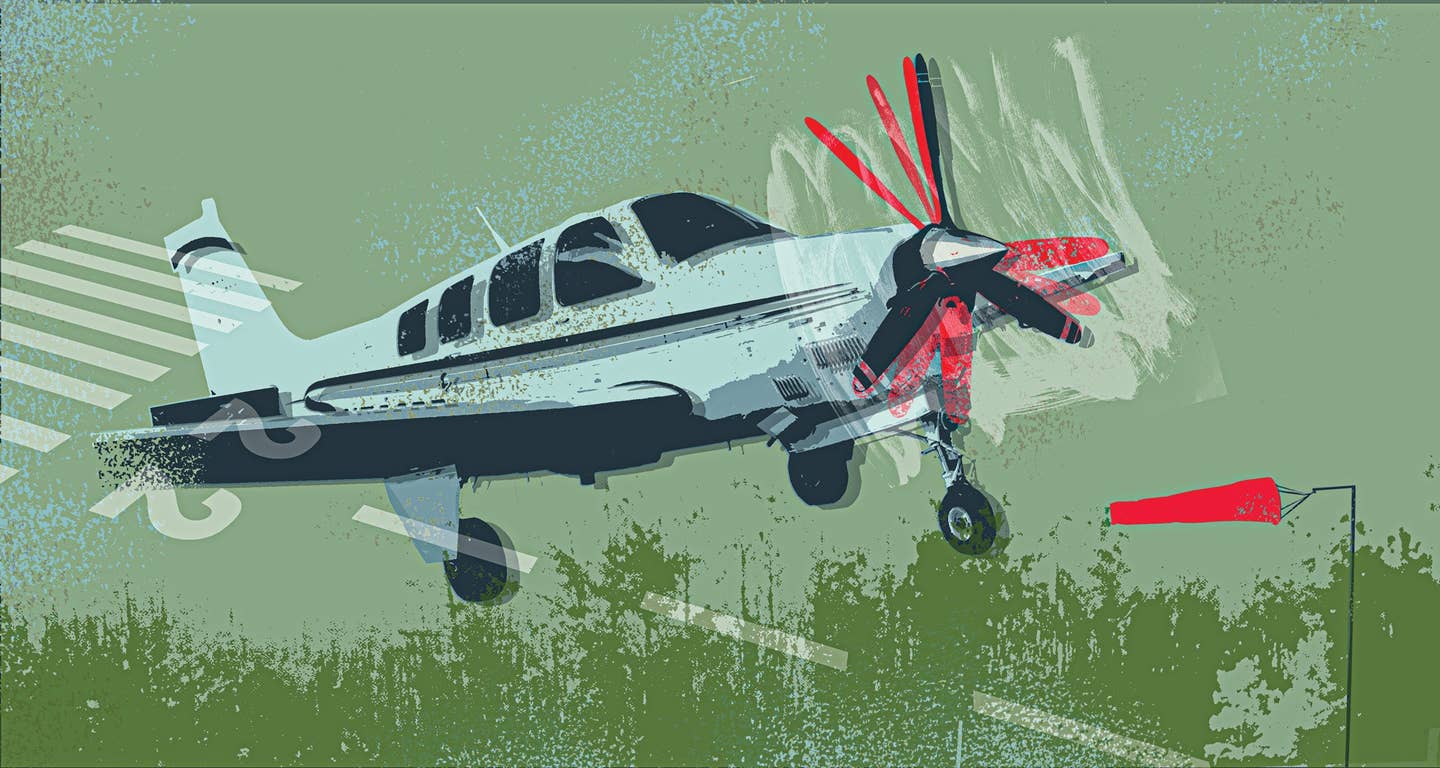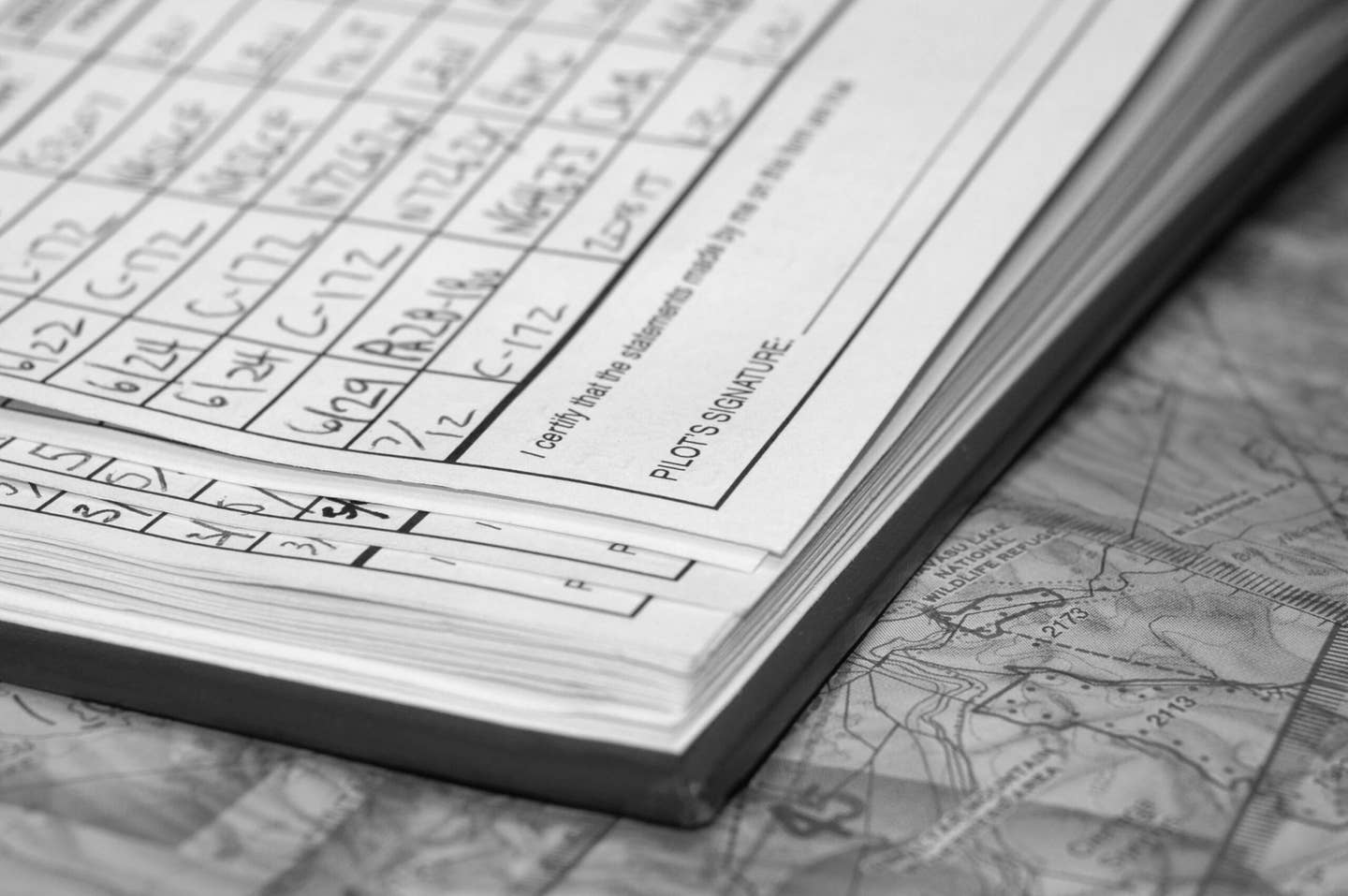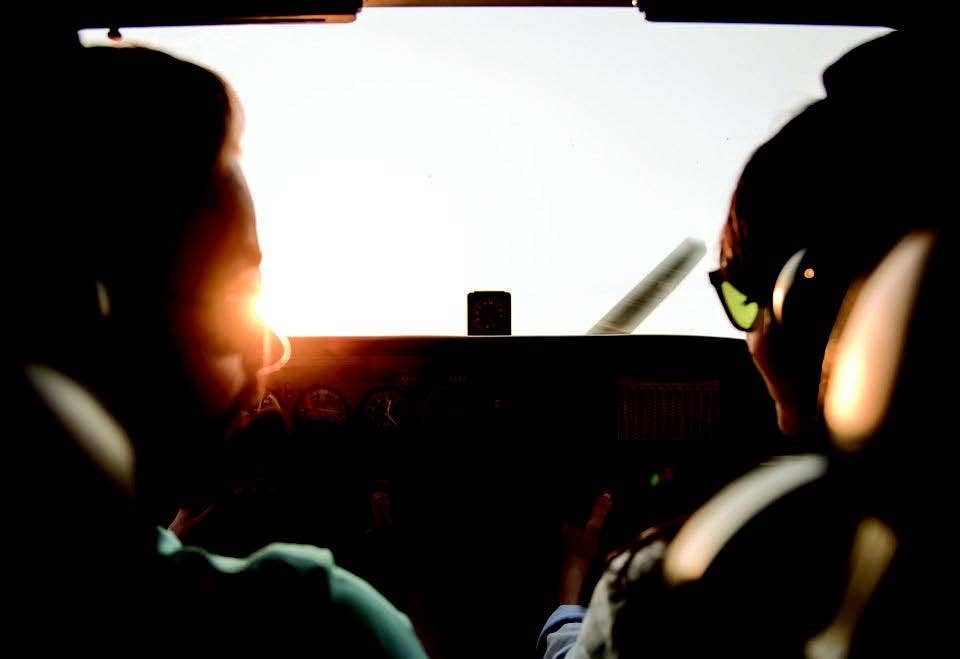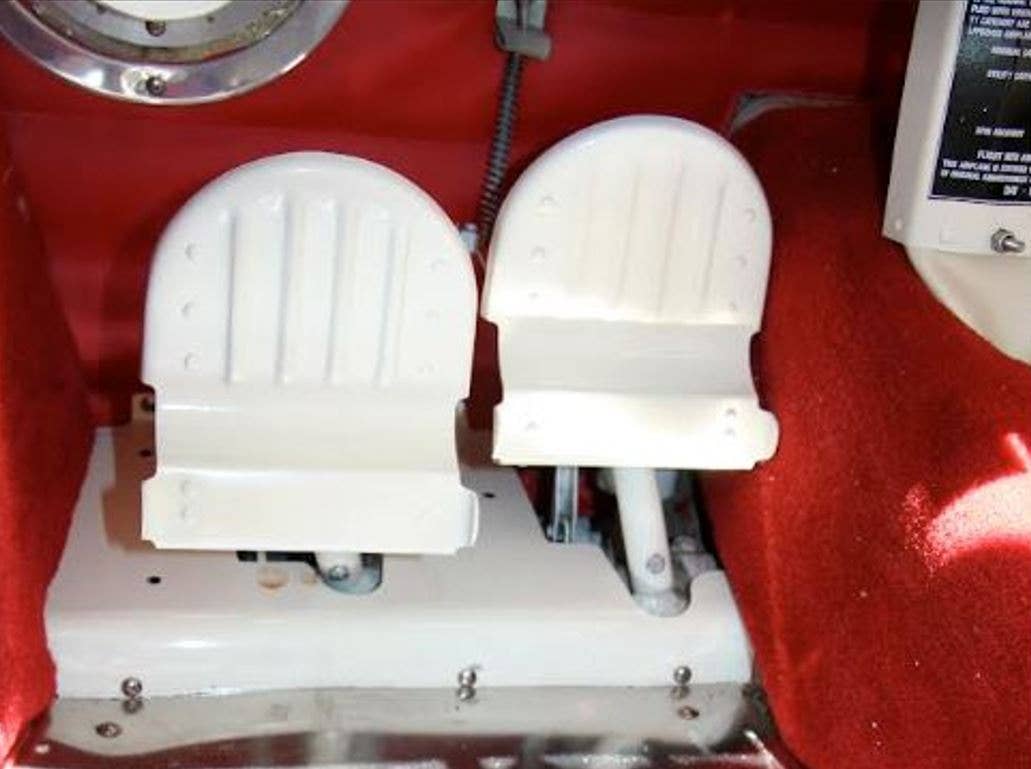
I got an e-mail the other day from a reader with a heart-wrenching story that should serve as a cautionary tale for all pilots. He told me about a good friend of his who was killed, along with the friend's wife and kids, in an airplane crash last summer in Idaho. Because the two were so close, the pilot had made the friend the executor of his will. He was writing to me seeking advice about what had escalated into a contentious legal battle with the pilot’s insurance company.
I’d recently written a feature article about aviation insurance for the magazine, so the basics of liability and hull coverages were fresh in my mind. But this gentleman brought up a scenario I hadn’t considered while doing my original research. He said that when he first contacted the pilot’s aviation insurance company, he was told the policy would cover the cost of the airplane destroyed in the crash as well as funeral expenses. All the insurance company needed was the pilot’s logbook to prove currency and verify the date of his last flight review.
The problem was, the logbook was with the pilot on his fateful last flight and it burned in the crash. The insurance company, therefore, was refusing to pay the claim. As you might have guessed by now, this has created a big time legal mess, with lawsuits filed by both sides.
The story gave me pause since lately I've been flying with my logbook in my fight bag. My reasoning for bringing it along was twofold: If I was ever ramp-checked by an FAA inspector, I would have documentation proving my flight experience. Also, the back page of the logbook is a super convenient place to paperclip a medical certificate.
For clarification I contacted Greg Sterling, senior vice president at Chartis Aerospace, which also happens to be my insurance company. He advised that pilots should not carry their logbook in the airplane due to the threat of it being destroyed or stolen. Although, if a logbook was destroyed or lost, photocopies would be an acceptable means of proving currency and logged flight time, he said.
It makes sense that the insurance company would want to see the pilot’s logbook after a mishap involving a claim. I couldn’t really offer the gentleman who contacted me any advice, but wished him luck in what figures to be a long legal fight. It goes without saying that I’ve stopped flying with my logbook. If I’m ever ramp checked and an FAA inspector asks to see it, I’ll relate this story and offer to send him photocopies when I get home.

Subscribe to Our Newsletter
Get the latest FLYING stories delivered directly to your inbox


